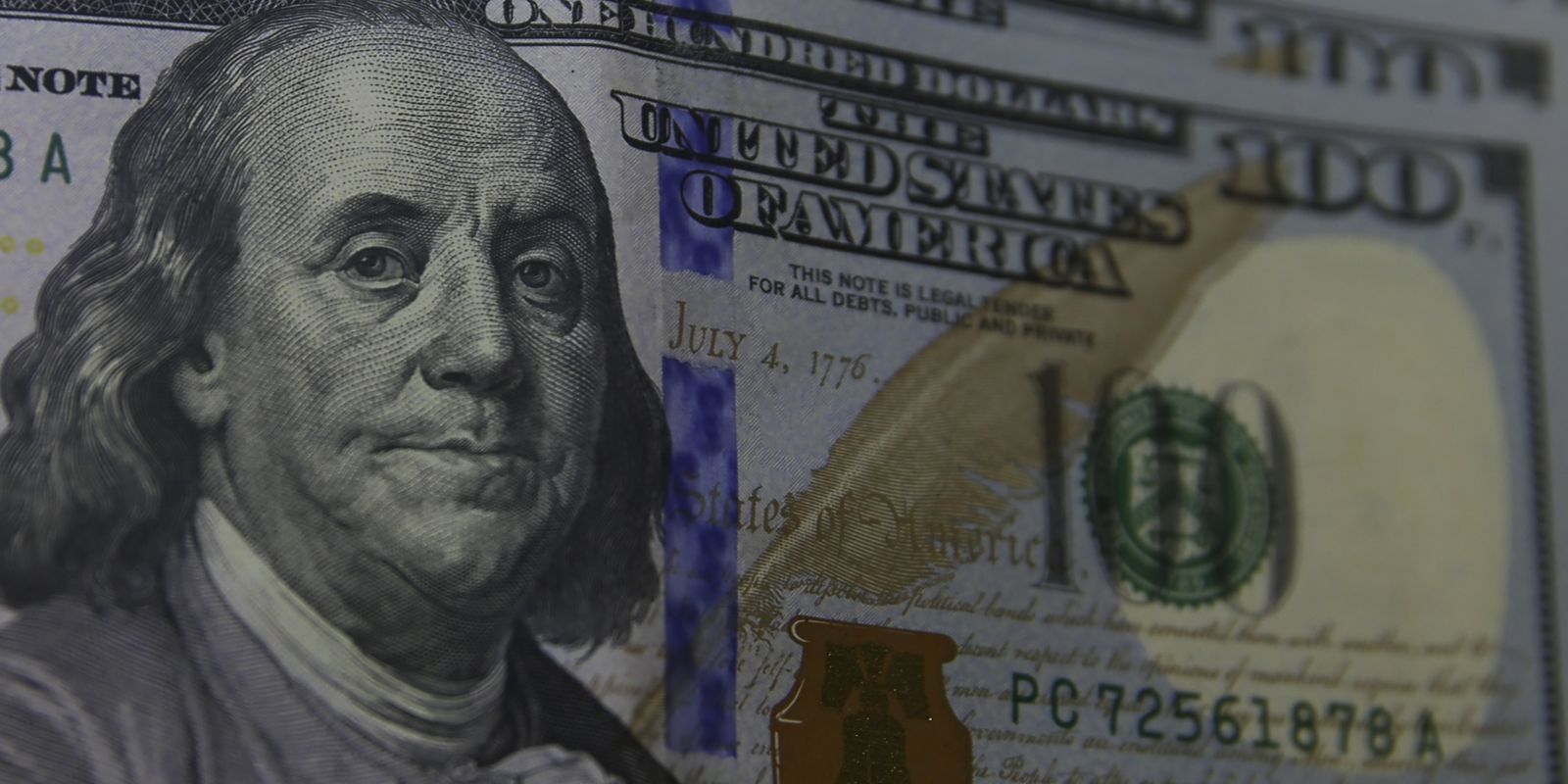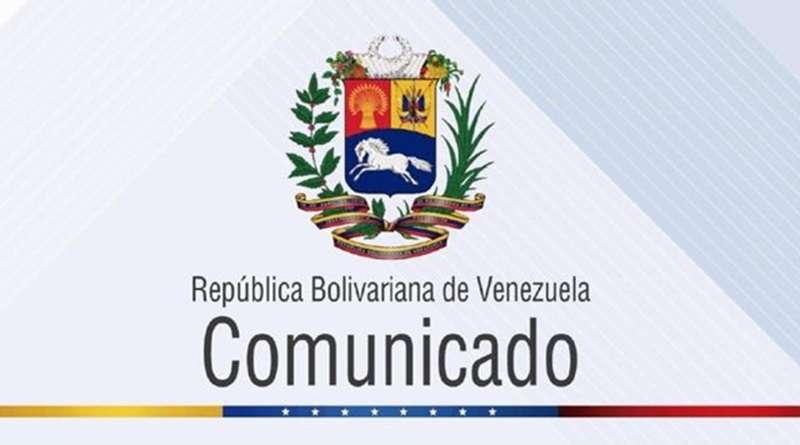The day after the 1 percentage point increase in the Selic rate (the economy’s basic interest rate), the dollar returned to above R$6, due to demand from importers. The stock market fell sharply, under the influence of the Central Bank (BC) decision.
The commercial dollar ended this Thursday (12) sold at R$6.009, an increase of R$0.041 (+0.69%). The price operated at low or close to stable levels for most of the day, reaching R$5.92 at the opening of business. However, pressure from importers, who took advantage of the drop to buy the North American currency, raised the price throughout the afternoon.
The US currency rose despite the BC’s intervention. In the morning, the monetary authority sold US$4 billion of international reserves with a commitment to buy the money in a few months. This was the first exchange rate action in a month.
The stock market had a more pessimistic day. After reaching 130 thousand points on Wednesday (11), the Ibovespa index, from B3, closed at 126,042 points, with a decrease of 2.74%. This was the biggest daily drop since January 2, 2023.
The scholarship was influenced by decision by the Monetary Policy Committee (Copom) to raise the Selic from 11.25% to 12.25% per yearwhile most financial institutions were betting on an adjustment of 12% per year. High interest rates put pressure on the stock market because investors leave the stock market to invest in fixed income, such as government bonds, which are considered less risky.
*With information from Reuters















